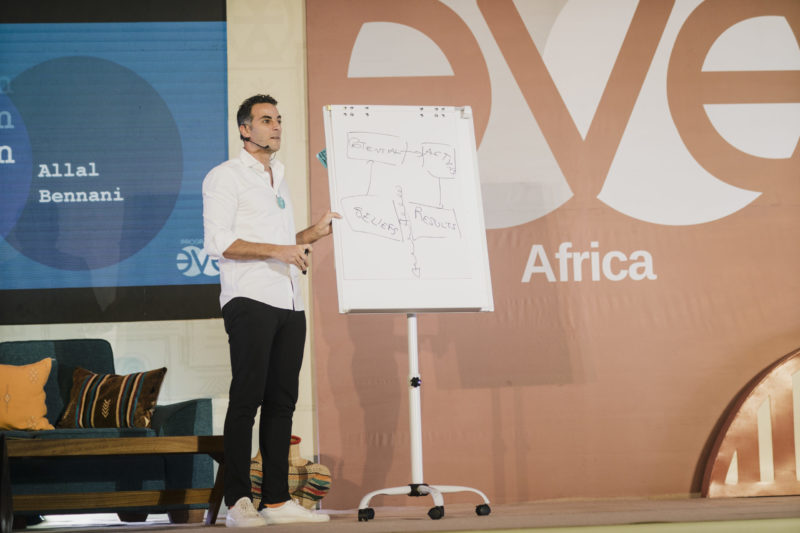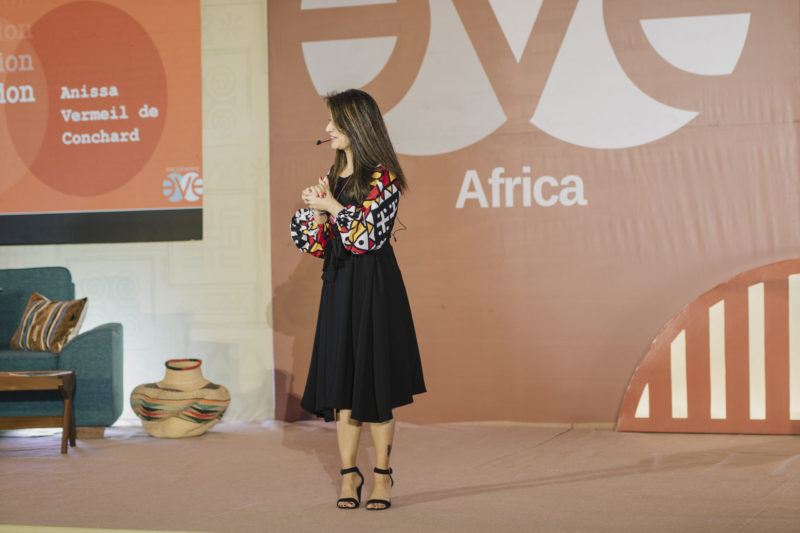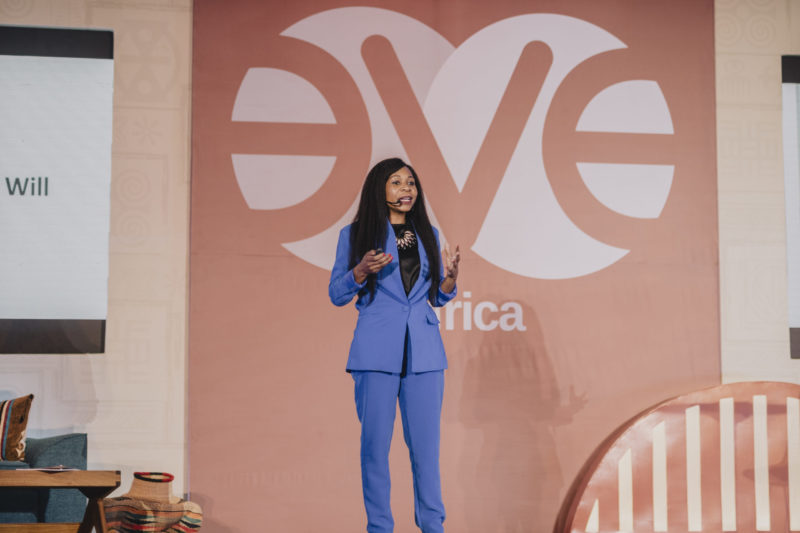According to the lastest report from France’s high council for gender equality (Haut Conseil à l’Égalité entre les Femmes et les Hommes), which is chaired by Brigitte Grésy (editor’s note: a speaker at EVE), 80% of 18-30 year olds believe that their generation is less sexist than previous generations.
The editorial staff at the EVE wemagazine looked into whether young people today do indeed take a more equal approach than their elders…
Professional equality: a turning point
Equal pay: an “employer brand” issue
The 2016 Glassdoor study on employer attractiveness revealed that more than 80% of young graduates do not want to join a company that won’t guarantee equal pay.
This reluctance was confirmed by the ADP The Workforce view in Europe 2019 report, which states that 75% of Millennials would be prepared to quit their job if their employer did not pay men and women equally.
But wage gap issues persist because of women’s tendency to self-censor when negotiating pay: young female graduates ask for 15% less than their male colleagues with the same qualifications… And only one in eight negotiates a recruitment package, compared to one in two young male hires.
Are young people ignoring the glass ceiling?
While the principle of equal pay is important for the younger generations, the glass ceiling does not appear to be a cause for concern. 51% of GenY women think that they will be able to rise through the ranks in the company where they work.
Yet the recent Cereq study on young managers highlights that all qualifications being equal, and in equivalent sectors, women are less likely to be hired for executive positions (36%) than men (40%). Furthermore, after seven years at work they have fewer responsibilities (48% lead a team of at least ten people, compared to 55% of men).
Despite these indicators, which seem to suggest the glass ceiling is still firmly in place, only 10% of Millennials still believe that gender equality is a battle that needs to be fought, according to the results of a Mazars / Women’Up study. But will the fire be rekindled when babies start arriving in their homes? Let’s move on to the next paragraph to find out…
Balancing work and play, sure… But what about sharing chores and family responsibilities?
Blurred boundaries or no boundaries?
It’s now become very clear: the work-life balance is a primary concern among the younger generations. The Domplus / BVA 2019 barometer on what people under 35 are worried about in terms of employment confirms that 60% of this age group expects companies to offer good work-life balance. However, this same study sheds light on a possible trap: the increasingly blurred boundaries between work and home: 47% of young employees spend some of their free time working outside the office.
This means that time and space are becoming more flexible… But the trend must be taken into account considering how domestic and family responsibilities are shared. The recent DARES study on remote working practices shows that women and men with equivalent professional status work from home in the same ways, but differences start to appear when the first child arrives: twice as many women then spend a significant amount of time working from home. Will working from home become the new “part-time” for new mothers? Even though working from home does suggest that progress is being made (at least they are paid 100% of their salary, which is not the case for those who work four or three days a week), there is still the risk that women’s careers are hindered. An employer may sometimes unconsciously view women with children working from home as a sign of less commitment.
More flexibility at work, more work at home
The Ada network (named after the first female computer programmer: Ada Lovelace), which compiles data on the effects of digital transformation on the condition of women, disproves the hidden suspicion that women who have young children and work from home are less committed or less productive than men in the same situation.
On the other hand, it does raise the issue that the time these women spend on chores in the home is greater among regular at-home workers than among women who only work from home every now and then. And the “Mothers & work-life balance: exploring the contradictions & complexities involved in work-family negotiation” study confirms that finding. Work-life balance policies have the “washing machine break” effect (rather than a coffee break with colleagues), which is much more significant for women than for men. It’s the same issue as the measures to avoid early morning or evening meetings that don’t solve the problem of women being less available for networking and more informal interactions during which useful information can be shared about access to opportunities. Young mothers, even today, rush home to relieve their child minder at the end of the day, while young fathers give themselves more time to network and build relationships that might be useful in moving forward with their career.
Will Generation Z abolish the “double working day”?
Out of the mouths of babes: an Ipsos-Ariel survey from 2019 presents a summary of answers given by 8-16 year-olds on how chores are shared out at home: 60% say that mom does more than dad and half of all boys born after 2003 thinks that their own house will be organized in the same way when they start their own family! The study also shows that little girls help their parents at home more often than their brothers do. It is a sad reality that girls are brought into the role of household helper early in life.
So the battle is not yet won, even though there are some positive signs of progress: almost no young girls now want to become “housewives”. The trivialization of women’s work is bearing fruit with regard to more and more girls aspiring to financial independence. “All” that’s left now is to demonstrate by example to the children of today – the adults and parents of tomorrow – that women don’t have to work a double day. So ladies, why don’t you put your feet up tonight? It’ll benefit the children!
Marie Donzel, for the EVE webmagazine. Translated from French by Ruth Simpson.






